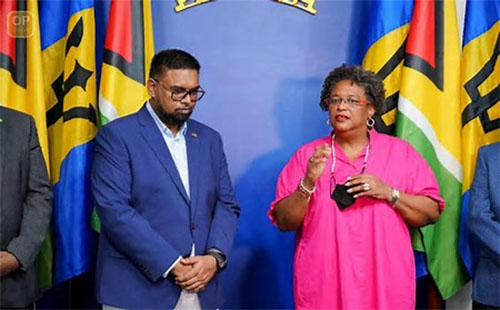From a Caribbean perspective the news may not have come from the horse’s mouth, so to speak, though the report published on Wednesday August 7th (Dominica News Online) that hunger was decreasing in the Caribbean and Latin America and that Brazil was ‘leading the way’ was not only heartening but emotionally relieving, since, up to this time, there has been no definitive words on the pace of the regional (CARICOM) food security initiative.
The FAO has developed its own methods and standards for food and agriculture statistics, a tool that it uses to provide technical assistance services and to disseminate data for global monitoring.
The first in a series of events focusing on assessing the progress of Latin America and the Caribbean in combating hunger and malnutrition was organized by the FAO Regional Office in the Caribbean and the assessment of the current state of food security in the region was based on findings from the State of Food and Nutrition Security in the World (SOFI 2024) report.
More than two years after the formal launch of the Caribbean Food Security Initiative in Georgetown, where an Agriculture Investment Forum and Expo was held from May 19 -21, there has been no detailed updates on the pace of progress towards the strengthening of the Caribbean’s food security bona fides.
Since the launch of the food security initiative, the continuing meager agricultural bona fides of several Caribbean territories and, more recently, the havoc wreaked by Hurricane Beryl on the agriculture sector in parts of the Caribbean have deepened concern over what appears to be the seemingly gingerly progress being made towards the realization of the projected 25% reduction in extra regional food imports by 2025.






